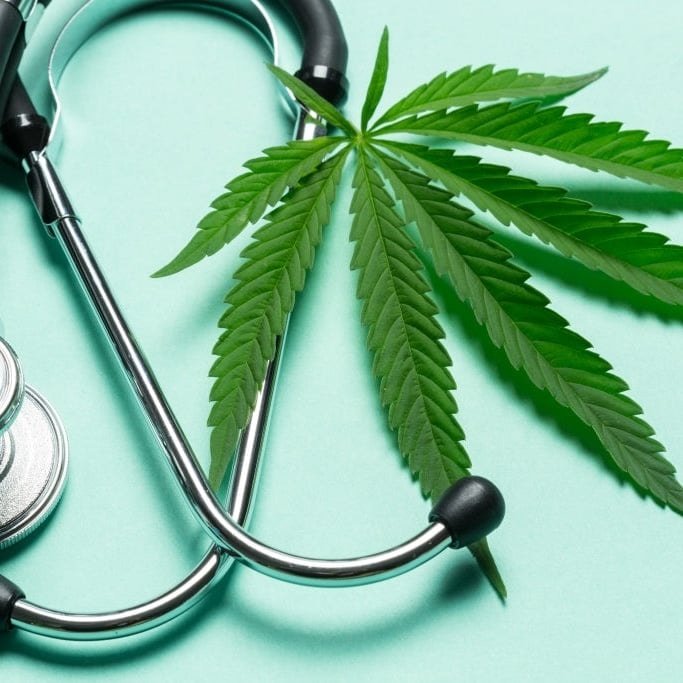No products in the cart.
pharmaceutical
Unveiling the Latest Breakthroughs in Pharmacological Treatments for Depression: A Research Update
In recent years, there have been significant advancements in pharmacological treatments for depression. Researchers and scientists have been diligently working to discover new drugs and refine existing ones to provide improved and more effective treatments for individuals suffering from this mental health condition. Let’s dive into some of the latest breakthroughs in the field.
- Ketamine: Originally used as an anesthetic, ketamine has gained attention for its rapid antidepressant effects. Research suggests that it can reduce depressive symptoms within hours, which is significantly faster than traditional antidepressant medications that can take weeks to have an effect. Ketamine works by modulating glutamate, an important neurotransmitter in the brain.
- Esketamine: Building upon the success of ketamine, esketamine is a nasal spray that has been approved by the U.S. Food and Drug Administration (FDA) for treatment-resistant depression. Esketamine is a derivative of ketamine, and it acts similarly by targeting the glutamate system. It provides a new and efficient
As of February 15, 2024, there have been several exciting breakthroughs in the field of pharmacological treatments for depression. Here is a research update on some of the latest developments:
- Targeting Inflammation: Recent studies have highlighted the role of inflammation in depression. Researchers have been investigating the use of anti-inflammatory agents, such as NSAIDs (nonsteroidal anti-inflammatory drugs) or cytokine inhibitors, to alleviate depressive symptoms. Preliminary results show promising outcomes, particularly in individuals with high levels of inflammation markers.
- Psychedelic-Assisted Therapy: Psychedelic substances like psilocybin (found in hallucinogenic mushrooms) and MDMA (commonly known as Molly) have demonstrated potential in treating depression when used in supervised therapeutic settings. Clinical trials are ongoing, focusing on the use of these substances to induce transformative experiences and promote emotional healing.
In recent years, there have been significant advancements in pharmacological treatments for depression. These breakthroughs have revolutionized the field of mental health and have provided new hope for individuals suffering from this debilitating illness.
One of the most notable breakthroughs is the development of ketamine as a potential treatment for depression. Traditionally used as an anesthetic, ketamine has shown remarkable efficacy in treating treatment-resistant depression. Research has indicated that ketamine works by targeting the brain’s glutamate receptors, leading to a rapid reduction in depressive symptoms. This breakthrough has paved the way for the development of other glutamate-targeting medications, which may offer similar benefits.
Another breakthrough in the treatment of depression is the use of psychedelics, such as psilocybin and LSD. These substances, when administered in controlled therapeutic settings, have shown promising results in alleviating symptoms of depression. Research has suggested that these substances work by promoting neuroplasticity and enhancing emotional processing, leading to long-lasting improvements in mood.
Dear reader,
In this research update, we will discuss some of the latest breakthroughs in pharmacological treatments for depression. Depression is a complex mental health disorder that affects millions of people worldwide, and finding effective treatments is crucial for improving the quality of life for those affected.
- Ketamine: Ketamine, originally used as an anesthetic, has shown promise in rapidly reducing symptoms of depression. It works by targeting the glutamate system in the brain, leading to rapid antidepressant effects. Although it is not yet approved as a first-line treatment, ketamine infusion therapy is being explored as an option for treatment-resistant depression.
- Esketamine: Another breakthrough drug, esketamine, is a derivative of ketamine that has gained FDA approval as a nasal spray for treatment-resistant depression. Esketamine works by targeting the N-methyl-D-aspartate (NMDA) receptor, which plays a role in mood regulation.
